🐾 Earn & Save: Unlock Savings with Petsy Points
🐾 Earn & Save: Unlock Savings with Petsy Points
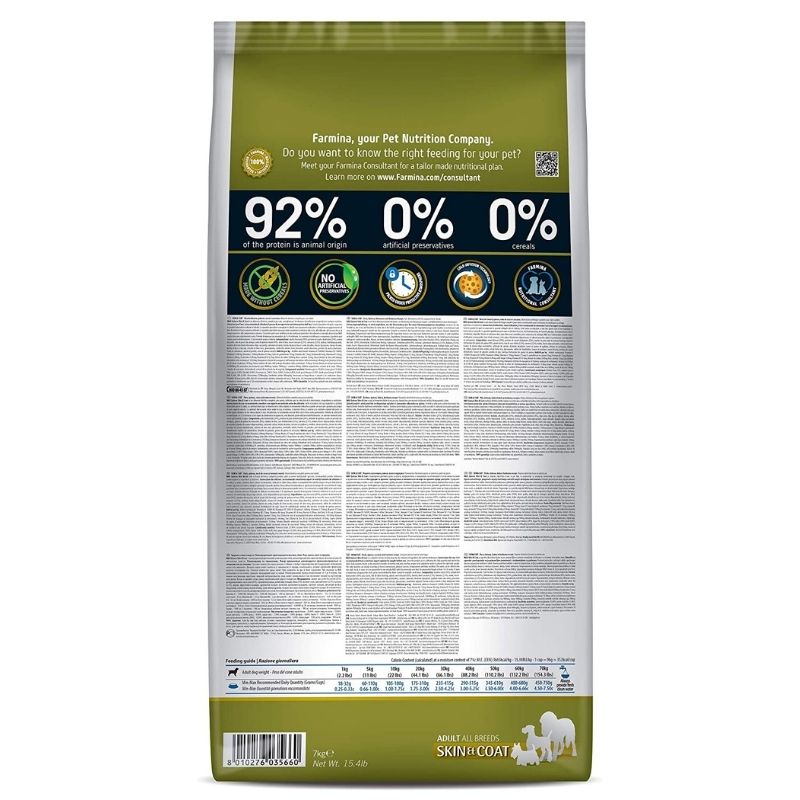
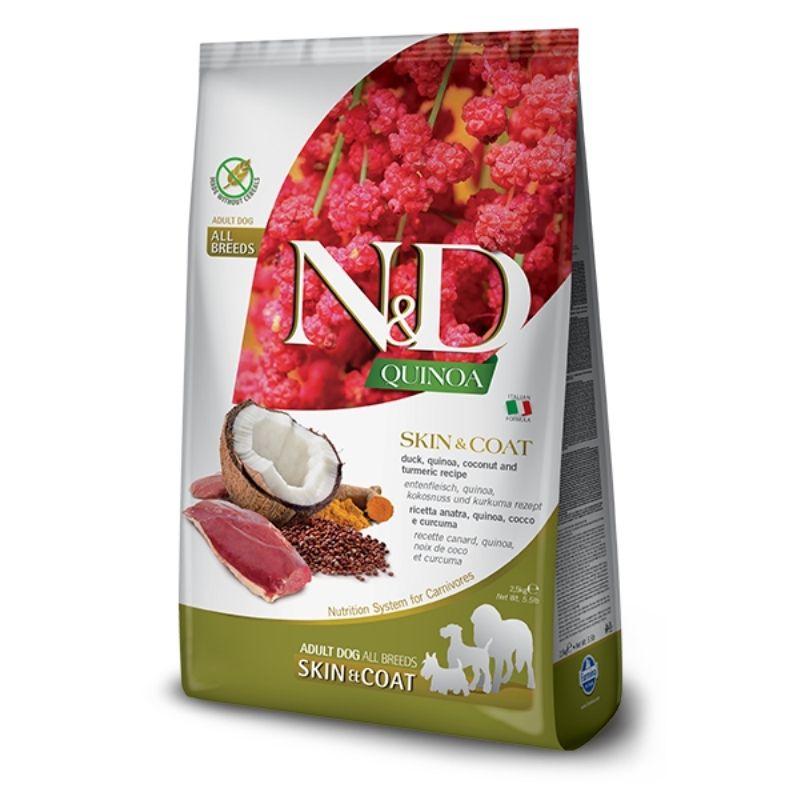
(inclusive of all taxes)
Farmina N&D Quinoa Skin & Coat - Duck, Quinoa, Coconut, and Turmeric is a complete food for adult dogs, suggested for nutrient intolerances...
View full details(inclusive of all taxes)


(inclusive of all taxes)
Introducing Lamby Feast – Puppy Dry Dog Food, a mouth-watering and wholesome meal specifically designed to cater to the distinct dietary requiremen...
View full details(inclusive of all taxes)

(inclusive of all taxes)
Drools Ultium Performance Puppy Dog Food is formulated with higher protein and fat for peak performance, and promoting superior growth and muscle d...
View full details(inclusive of all taxes)

(inclusive of all taxes)
Drools Ultium Performance Adult Dog Food is formulated with higher protein and fat for peak performance, and promoting superior growth and muscle d...
View full details(inclusive of all taxes)


(inclusive of all taxes)
Drools Chicken and Egg Puppy Food offer the right amount of vitamins and minerals for your pups to enhance their growth and development. We use rea...
View full details(inclusive of all taxes)
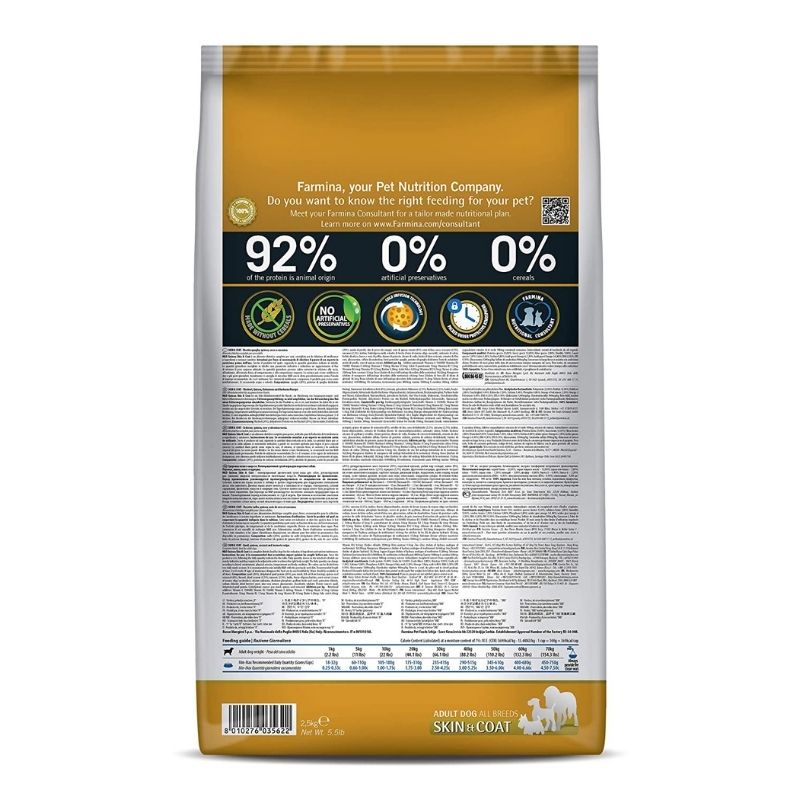
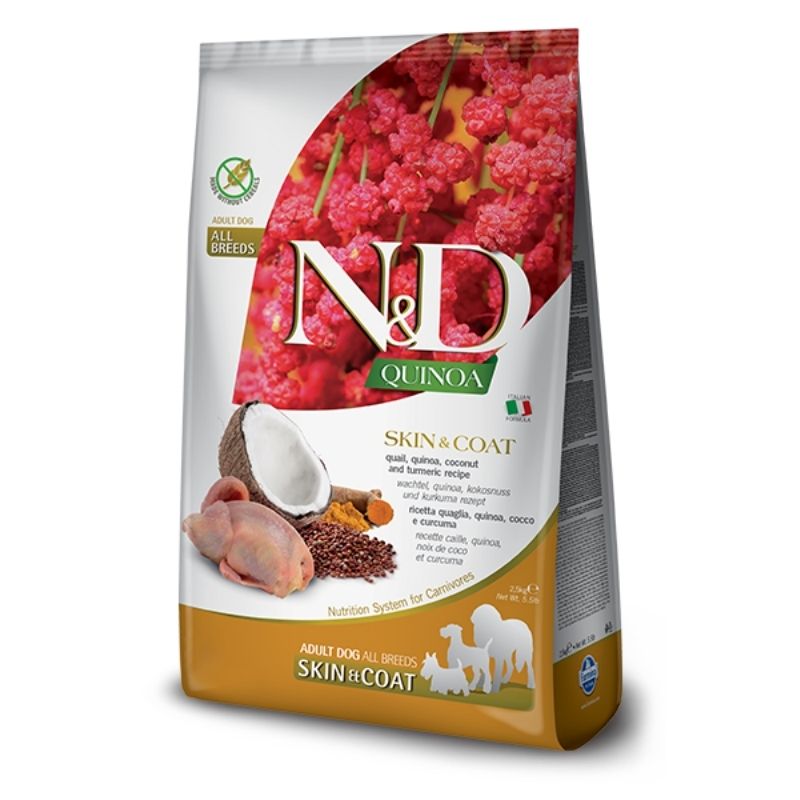
(inclusive of all taxes)
Farmina N&D Quinoa Skin & Coat - Quail, Quinoa, Coconut, and Turmeric is a complete food for dogs, suggested for the reduction of ingredien...
View full details(inclusive of all taxes)

(inclusive of all taxes)
Drools Optimum Performance Puppy Dog Food contains specialized protein formulas according to the physiological needs of your pet. It is easily dig...
View full details(inclusive of all taxes)

(inclusive of all taxes)
Maxi chicken and liver adult is a complete food for adult dogs with regular activity. It contains all the essential ingredients to satisfy your dog...
View full details(inclusive of all taxes)


(inclusive of all taxes)
N&D Ocean, both dry and wet food, are complete diets containing ALL the necessary nutrients for the daily well-being of our four-legged family ...
View full details(inclusive of all taxes)


(inclusive of all taxes)
N&D Pumpkin - Lamb & Blueberry formula is the new Grain Free line born in Italy with unique nutritional characteristics. N&D Pumpkin us...
View full details(inclusive of all taxes)
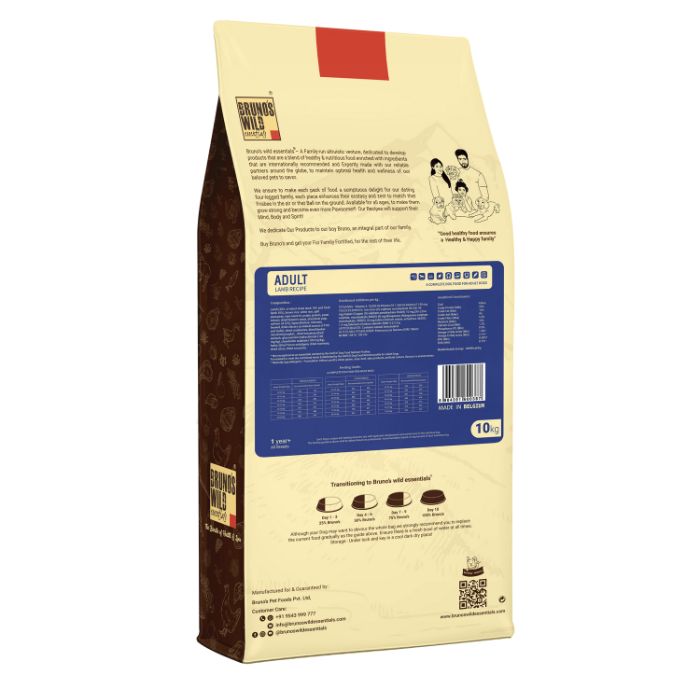
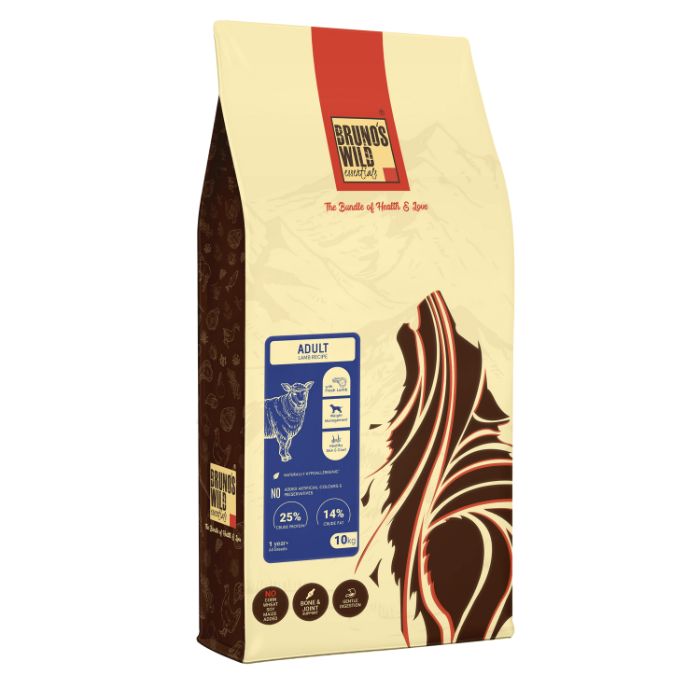
(inclusive of all taxes)
Introducing our Adult Lamb Recipe Dog Food, made with high-quality lamb as the main ingredient for a protein-packed meal. This recipe is specifical...
View full details(inclusive of all taxes)
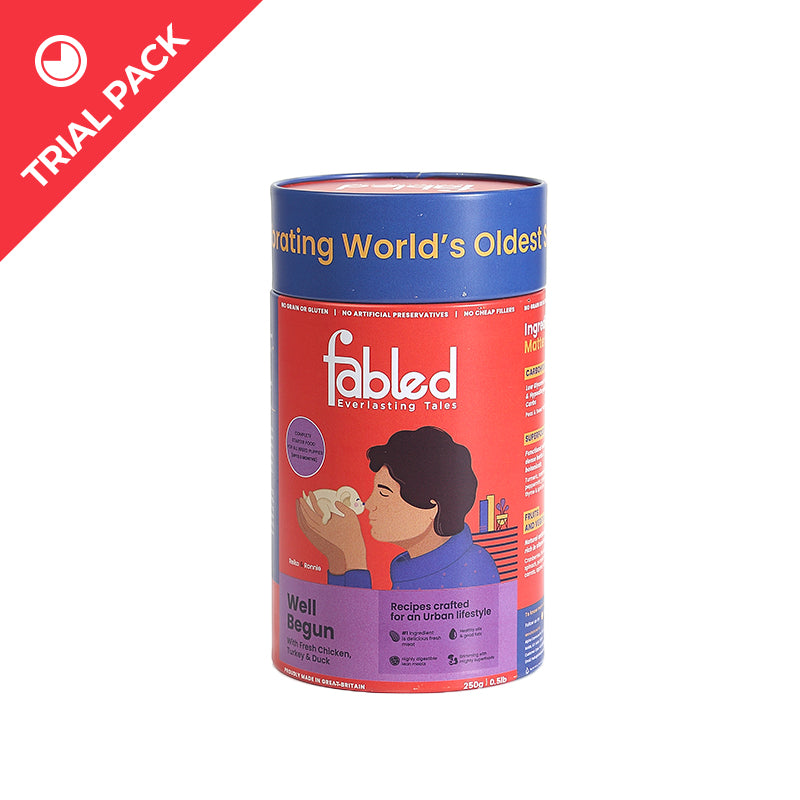
(inclusive of all taxes)
Carefully made to meet a growing pup's nutritional needs. Every kibble is packed with fresh chicken, turkey and duck making it utterly irresistible...
View full details(inclusive of all taxes)

(inclusive of all taxes)
Drools have always stood for pet food with ingredients that are 100% real and clean. We’ve now collaborated with world-class chefs to create Drools...
View full details(inclusive of all taxes)
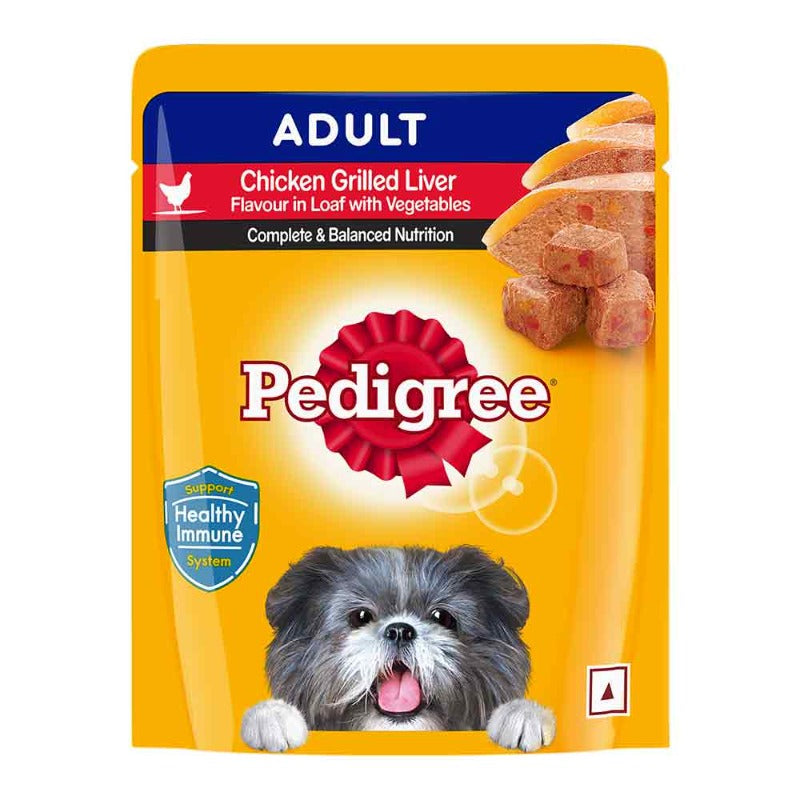
(inclusive of all taxes)
Give your furry buddy loaves of deliciousness with Pedigree Chicken Grilled Liver in Loaf with Vegetables. Pedigree Adult is complete and balanced...
View full details(inclusive of all taxes)
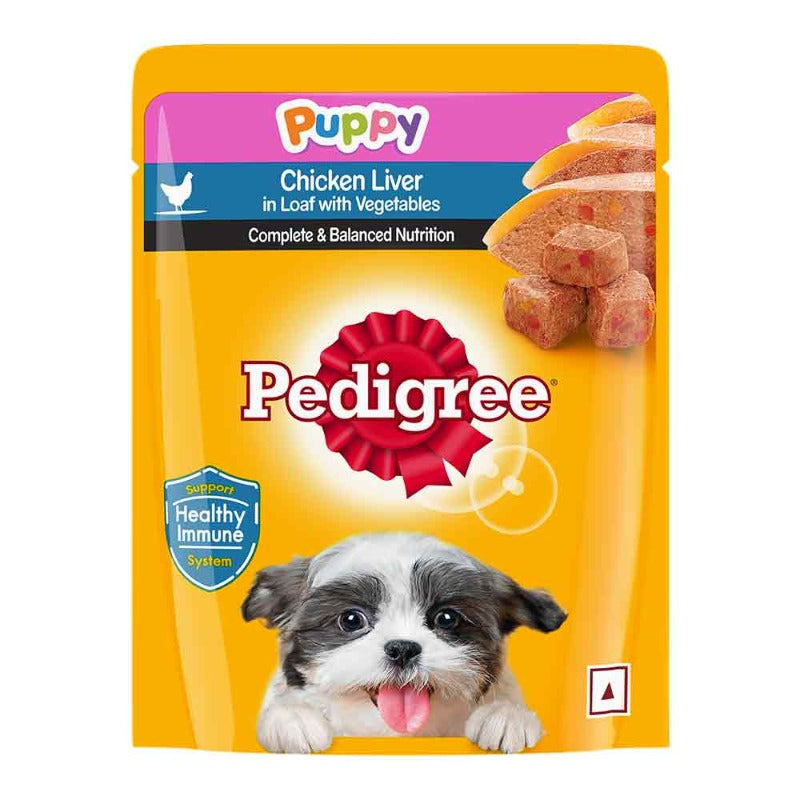
(inclusive of all taxes)
Give your furry buddy loaves of deliciousness with Pedigree Chicken Liver in Loaf with Vegetables. Pedigree puppy complete and balanced nutrition i...
View full details(inclusive of all taxes)
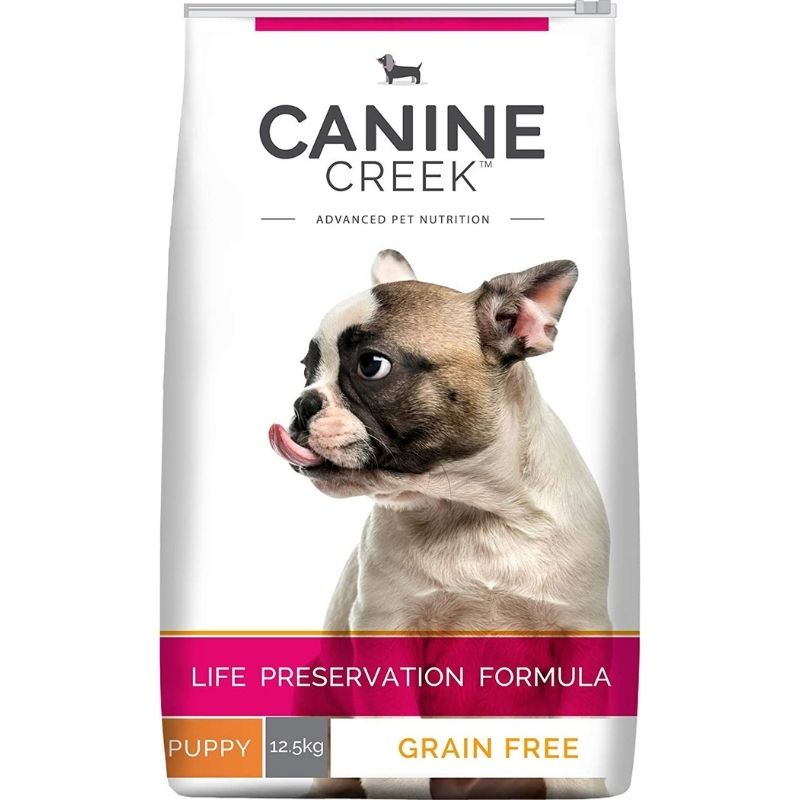
(inclusive of all taxes)
Canine Creek Puppy Dog Food is a life preservative and grain-free formula. It is enhanced with 7 antioxidants – Apples, Blackberries, Cranberries, ...
View full details(inclusive of all taxes)
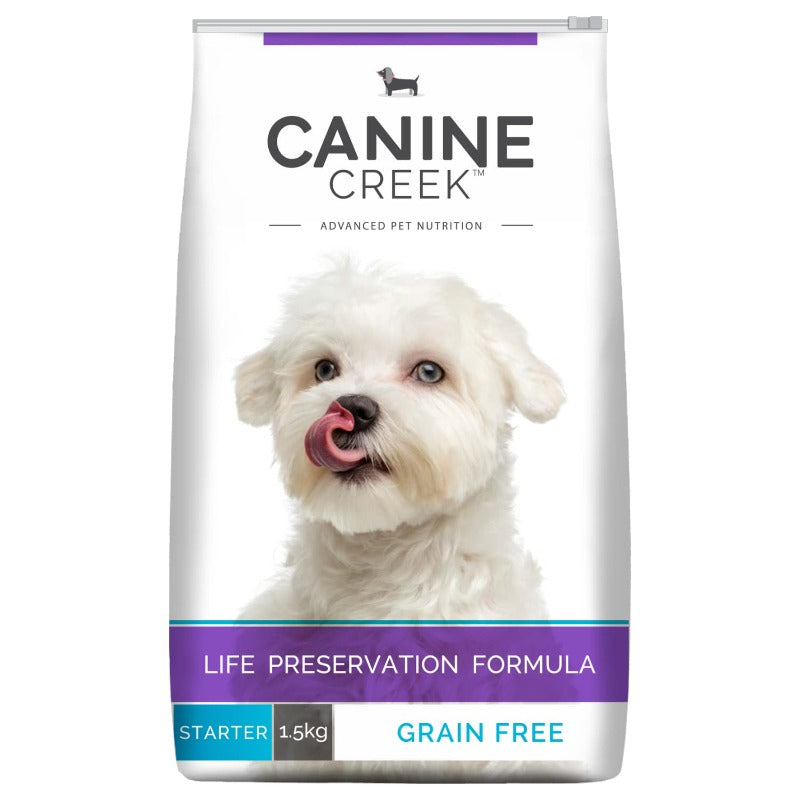
(inclusive of all taxes)
Key Features: Grain-free advanced pet nutrition formula Contains 48% Real Chicken 'Cold -Formed' kibble manufacturing technology Ideal for the tra...
View full details(inclusive of all taxes)
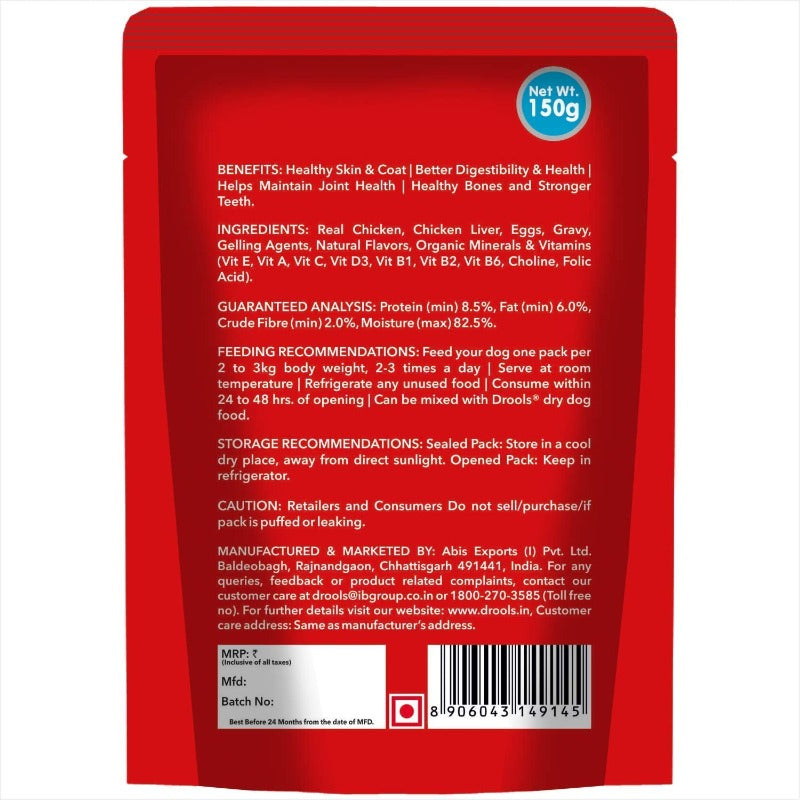
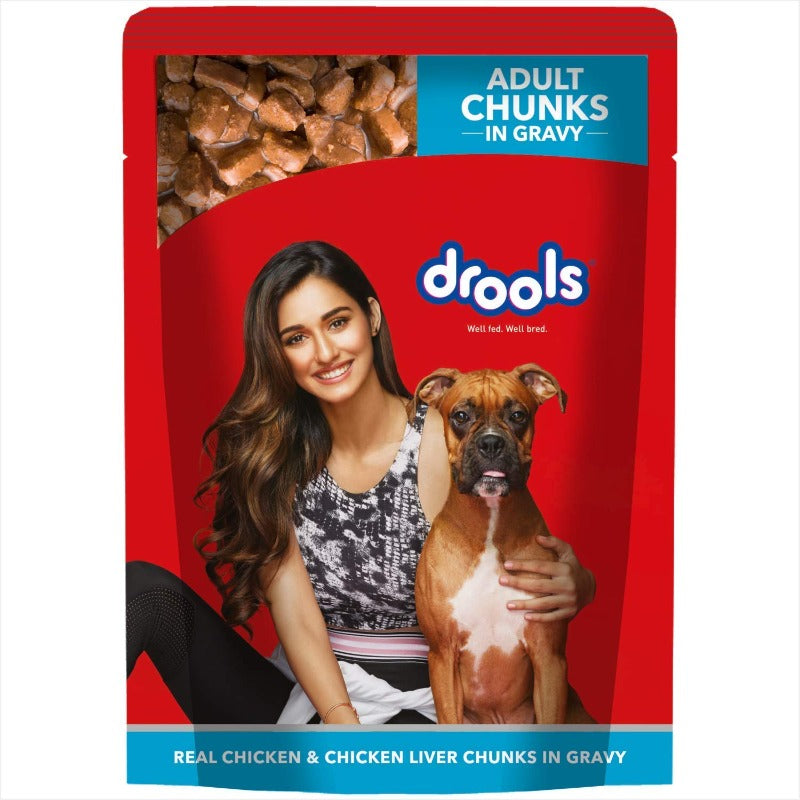
(inclusive of all taxes)
Drools Real Chicken and Liver in Gravy offers your dog a fresh and tasty meal that is rich in aroma which boosts the appetite of your pet. This gre...
View full details(inclusive of all taxes)
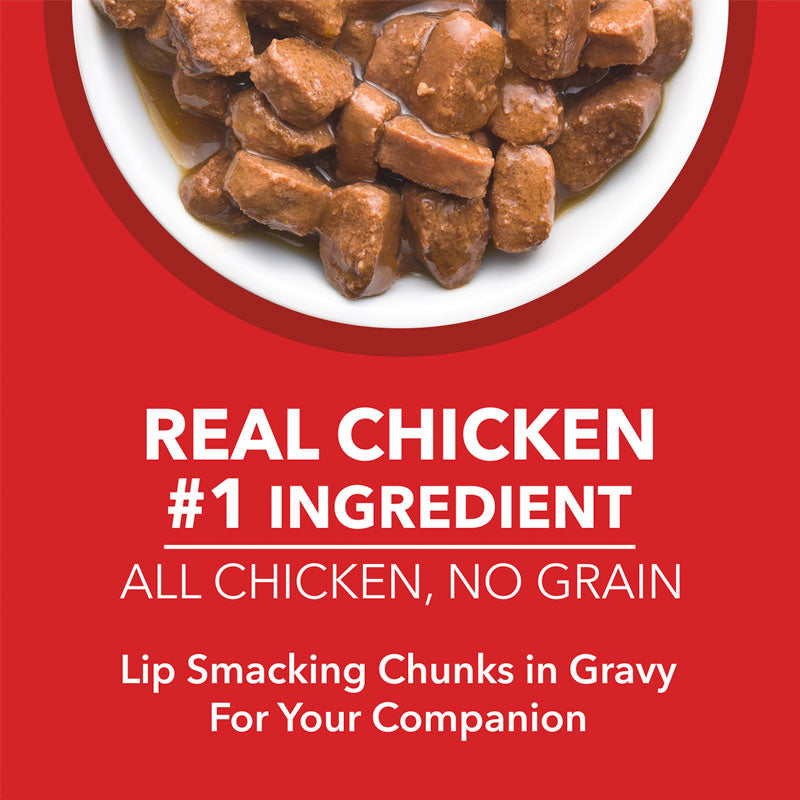
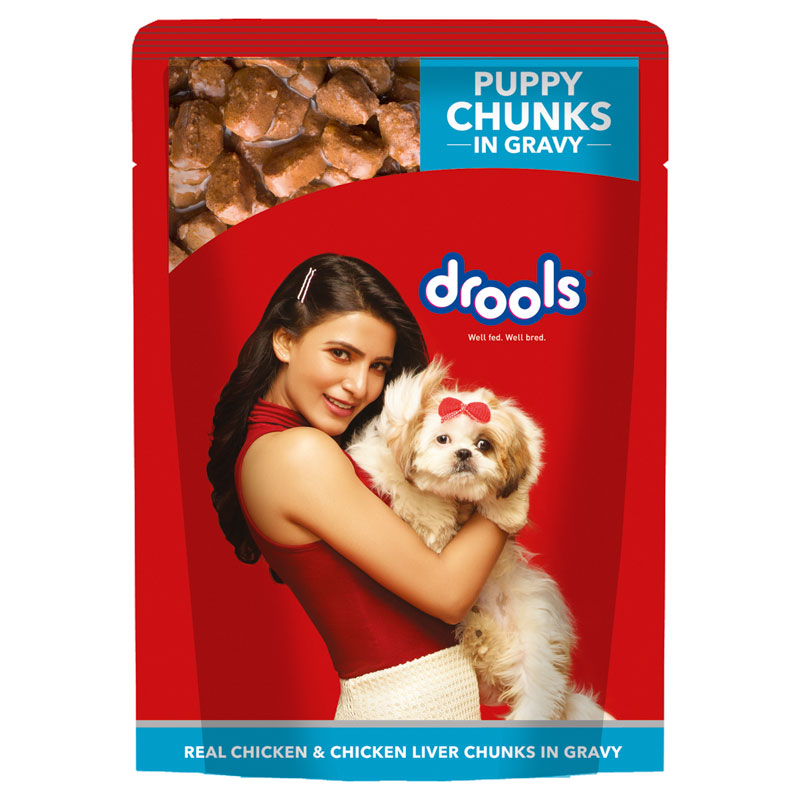
(inclusive of all taxes)
Drools Real Chicken and Liver in Gravy offers your puppy a fresh and tasty meal that is rich in aroma and flavor-boosting the appetite of your pet....
View full details(inclusive of all taxes)


(inclusive of all taxes)
Drools Optimum Performance Adult dog food is a wholesome nutritious meal that enhances the energy level in your pet keeping them active and agile a...
View full details(inclusive of all taxes)
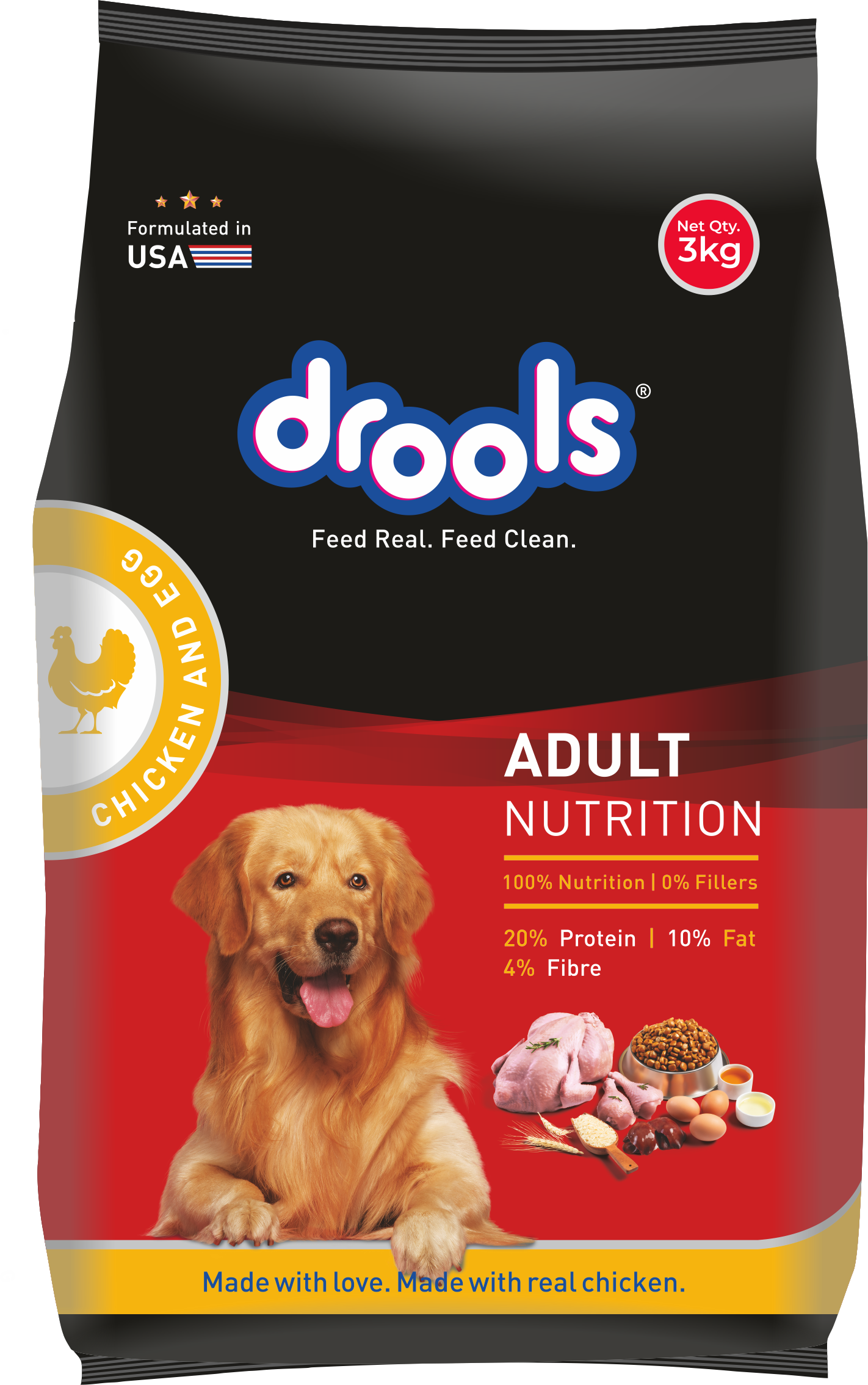
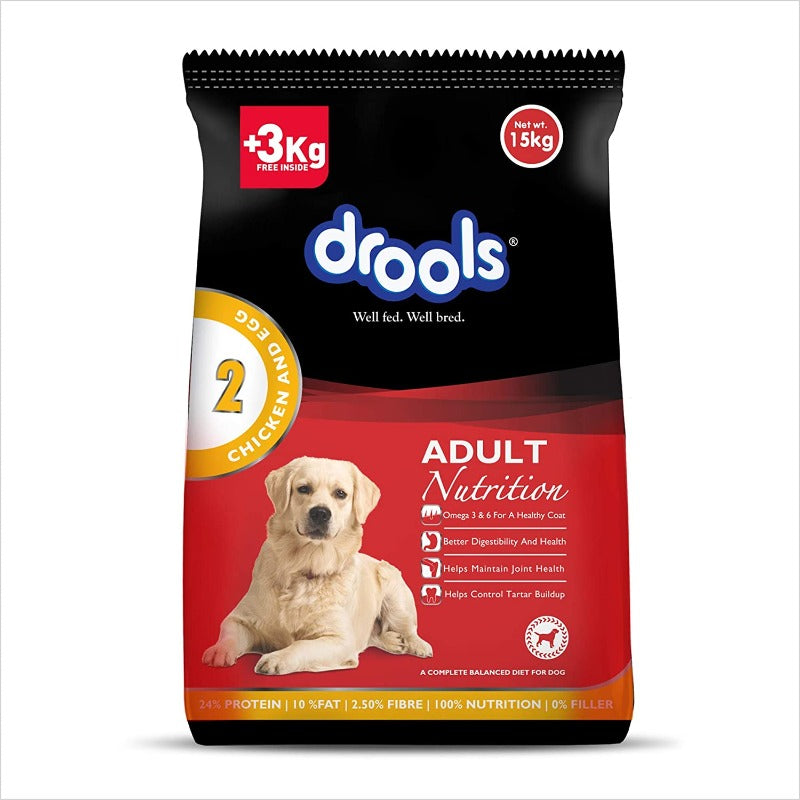
(inclusive of all taxes)
Drools Chicken and Egg Adult Dog Food with the precise amount of protein and nutrients help your pet to maintain lean muscle for top body conditio...
View full details(inclusive of all taxes)


(inclusive of all taxes)
During the period of 3 weeks to 3 months, puppies require increased levels of protein and energy to ensure optimal growth. Drools® Puppy Starter pr...
View full details(inclusive of all taxes)


(inclusive of all taxes)
Drools Focus Adult Super Premium Dog Food, made with No Wheat, No Corn, and No Soya, is recommended for adult dogs above 12 months of age. The FOCU...
View full details(inclusive of all taxes)


(inclusive of all taxes)
Drools Focus Puppy Super Premium Dog Food is a complete and balanced meal for your pet made with No Wheat, No Corn, and No Soya recommended for the...
View full details(inclusive of all taxes)
Here's something to always follow if you have a Labrador - never let a Labrador go past their breed's standard weight. Whilst Labradors are a hardy breed, they are prone to obesity and its deadly diseases. Overfeeding and under-exercising Labradors is a growing problem amongst Labrador parents who find themselves struggling to increase the quality and quantity of life once their Labrador surpasses optimum weight. Speaking of which, food is often the primary source of obesity in Labradors. Hence, it is best to feed your Labrador age-appropriate food and keep treats to a minimum. Given the breed's increasing popularity, Labrador dog food diets are curated to meet the breed's nutritional needs whilst ensuring delectable taste and long-lasting satiety.
Protein
Protein is an important macronutrient required to build and repair tissues, enhance skin and coat health, maintain hormonal balance, and regenerate cells and enzymes. Labrador Retrievers need dog food with over 30% of protein content, whether it is plant-based or meat-based. In order to determine the right type of protein for your Labrador Retrievers’ body, it is best to draw up a diet chart with your veterinarian or a certified canine nutritionist. Young Labrador Retrievers, i.e. those below the age of 1, require more protein than adults because their bodies are still growing. Here, the best labrador puppy food is one that offers tailored, breed-specific nutrition for growing puppies. Likewise, Labrador Retrievers that are over 9 years old need to switch onto a senior dog diet with more protein to replace lost muscle mass due to ageing,
Carbohydrates
Carbohydrates are necessary sources of energy and brain activity for Labrador Retrievers. However, the amount of carbohydrates your Lab requires depends on his/her age, activity level, and possible allergens. An active Labrador Retriever, i.e. one who receives more than 4-5 hours of daily exercise, require more energy than dogs who receive anywhere between 2-3 hours of daily exercise. It is often believed that carbohydrates are the source of obesity in Labrador Retrievers - whilst that is partially true, obesity from carbohydrates stems from overfeeding and underexercising. A Labrador Retriever that lives a sedentary lifestyle does not burn calories while sitting down after a walk, they only burn calories when they’re active through play, walks, swimming, and other forms of exercise.
Fat
Fat in labrador dog food is anywhere between 12 -18%. Healthy fats are often in the form of oils - fish oil, cod liver oil, olive oil, coconut oil, sunflower oil, and more. Healthy fats help with cushioning organs, improving brain function, maintaining healthy skin and coat, decreasing allergies, and improving digestion.
Vitamins & Minerals
Essential vitamins and minerals for your Labrador are found in vegetables, fruits, and seeds. Calcium, phosphorus, potassium, sodium, magnesium, zinc, and iron are essential minerals found in nutritious labrador dog food. Likewise, vitamins A, B, C, D, E, and K are essential vitamins. Vitamins and minerals are necessary for proper hormone function, strengthening of joints, maintaining skin health, and boosting the immune system.
The more you pay attention to your Lab’s diet, the more fun-filled years you add to their life! Buy the best Labrador dog food in India at Petsy!